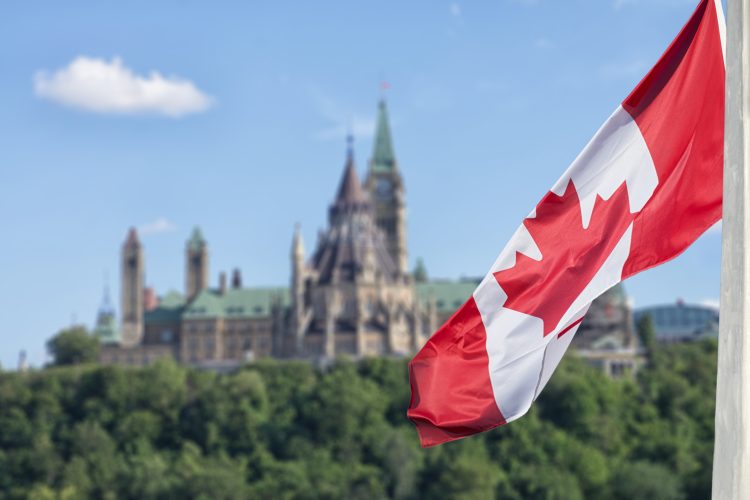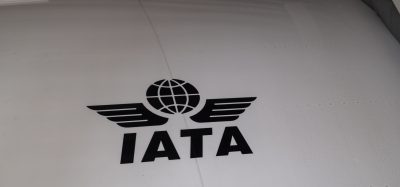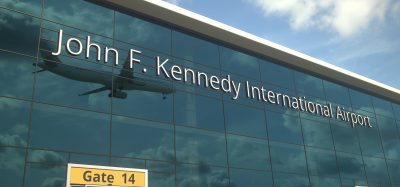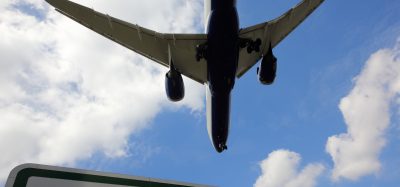IATA sees Canada’s 2023 Federal Budget as insufficient
- Like
- Digg
- Del
- Tumblr
- VKontakte
- Buffer
- Love This
- Odnoklassniki
- Meneame
- Blogger
- Amazon
- Yahoo Mail
- Gmail
- AOL
- Newsvine
- HackerNews
- Evernote
- MySpace
- Mail.ru
- Viadeo
- Line
- Comments
- Yummly
- SMS
- Viber
- Telegram
- Subscribe
- Skype
- Facebook Messenger
- Kakao
- LiveJournal
- Yammer
- Edgar
- Fintel
- Mix
- Instapaper
- Copy Link
Posted: 17 April 2023 | International Airport Review | No comments yet
The air organisation sees the budget as lacking positive reinforcement to strengthen Canada’s air system, encourage global competitiveness and sees it risk making travel unaffordable for passengers.


The International Air Transport Association (IATA) has expressed disappointment over Canada’s 2023 Federal Budget. The association sees the budget as lacking positive reinforcement to strengthen Canada’s air system, encourage global competitiveness and sees it risk making travel unaffordable for passengers.
“IATA was hopeful that the Federal Budget would include measures to support the recommendations from the House of Commons Standing Committee on Transport, Infrastructure and Communities. Unfortunately that was not the case,” wrote Willie Walsh, IATA’s Director General, in a letter to Canada’s Deputy Prime Minister and Minister of Finance, and to the Minister of Transport.
In his letter, Walsh welcomed the proposal to provide CA$1.8 billion over five years to the Canadian Air Transport Security Authority (CATSA) to maintain and increase its level of service, reduce passenger screening wait times and strengthen security measures at airports. “However this has come with a proposed 33% increase in the Air Travellers Security Charge (ATSC). This makes air travel even less affordable for all Canadians,” wrote Walsh.
Walsh also expressed concern over the proposal to strengthen the authority of the Canadian Transportation Agency (CTA) and make airlines more accountable for service failures and disruptions regardless of who is at fault. “We strongly encourage the government to share these accountabilities across all components of the commercial air system involved in supporting smooth airline operations and a positive traveller experience. These includes airlines, airports, CATSA, CBSA and Nav Canada.” Walsh pointed out that imposing a regulatory charge on airlines to recover the costs of dealing with passenger complaints adds to the high cost burden of airlines operating in Canada.
Walsh urged the Canadian Government to support the aviation industry’s efforts to achieve net zero carbon emissions by 2050. He called on the government to open immediate consultations with the industry on the C$15 billion in funds meant to incentivize alternative fuel development in Canada.
Walsh emphasised that a healthy, sustainable aviation sector makes an enormous contribution to the country’s wellbeing. Pre-COVID-19, Canada’s aviation sector contributed C$51.4 billion to the country’s GDP and supported some 633,000 jobs. “Commercial aviation is a powerful economic engine for Canada. We urge the Government of Canada to take steps to remove barriers to the continued growth of this sector, and make it more competitive globally,” wrote Walsh.
Related topics
Airport development, COVID-19, Economy, Passenger experience and seamless travel, Regulation and Legislation, Social responsibility
Related organisations
Canada Border Service Agency (CBSA), Canadian Air Transport Security Authority (CATSA), Canadian Government, Canadian Transportation Agency (CTA), International Air Transport Association (IATA), NAV CANADA


















